Market Scorecard
I had a look this morning at the current list of shares at 12-month highs and at 12-month lows on the JSE. You won't be surprised to hear that there are zero shares currently at 12-month highs. Signifying how tough investing has been in emerging markets and South Africa for the last year. Well, for the last 3-years things have been tough,
the All-share hasn't even beaten inflation over the last 36-months! Highlighting why investing in stocks is not easy, things don't only go up.
As expected,
the SARB kept rates on hold, in what was one of the quickest rate announcements that I have seen in a while. The graph below shows that the medium-term inflation is expected to be higher, but still below the target top end of 6%. As long as it stays below 6%, I don't think rates will go higher.
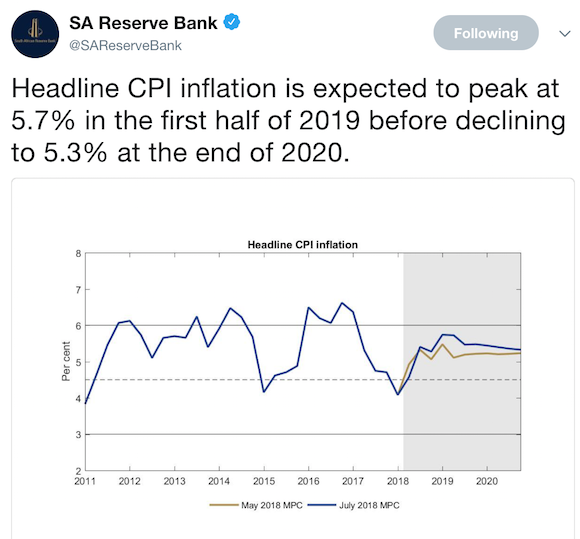
Yesterday the
JSE All-share closed up 0.07%, the
S&P 500 closed down 0.40%, and the
Nasdaq closed down 0.37%.
Our 10c Worth
One thing, from Paul
A few days ago I mentioned that if the ice on land (mostly over Antarctica) were to melt, the oceans would rise by 65 metres and lots of coastal cities would be lost. The good news is that's not going to happen. I don't think. I hope.
Global warming is a function of carbon dioxide emissions, and those are falling. Or going to fall. See below. The USA is the leading reducer, and South Africa is up there too. To be honest that's probably just because Eskom is selling less electricity. The chart shows actual millions of tons of output reduced or increased, year on year.
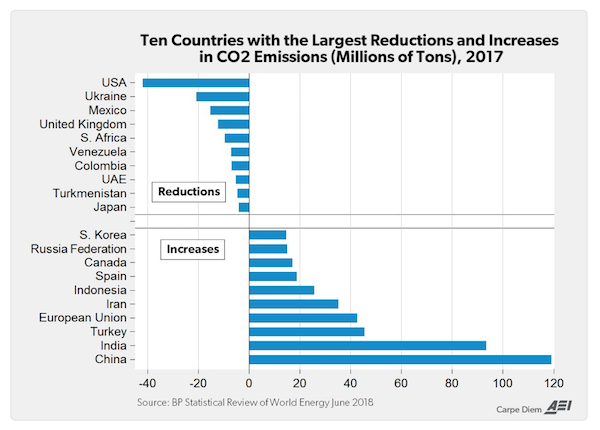
Read more here, from the
American Enterprise Institute.
Byron's Beats
The more I think about it, the more frustrated I get about this Google fine. Michael explained it nicely yesterday, but I want to touch on it again. Android is a free platform that has been adopted by most phone manufacturers. What a win, the phone manufacturers like Samsung and Huawei do not need to worry about the software of their products. That responsibility sits in the great and consistent hands of Google, who have created Android for free.
But Google is not a charity. They do this, and they do this well, because they can direct Android users to use their products such as Google Search, Youtube and Google Play. Otherwise, what is the point? It is a win-win situation for everyone.
Now the EU wants to fine Google $5bn for making the likes of Samsung preinstall apps like Youtube. In my opinion, this saves users time and data because they would download these apps anyways. Most Android users are entrenched in Google Play with music and app subscriptions. The consumer wants these apps. This is like fining Facebook (free) for promoting Instagram (free).
It is also no different from what Apple does with its closed platform.
Everyone has a choice here. If Samsung doesn't want to preinstall these apps, they can move to a different software or create their own. If consumers don't like these apps they can delete them.
Now I know we are Alphabet shareholders, so I certainly bat for Google here, but mostly I bat for free enterprise and businesses that improve our lives. We are fortunate to live in an age where such amazing products come for free. Trump gets a huge amount of bad press with regards to these trade wars. The EU, with this fine, have stooped to Trump levels. Now Google is considering charging for Android. Everyone loses.
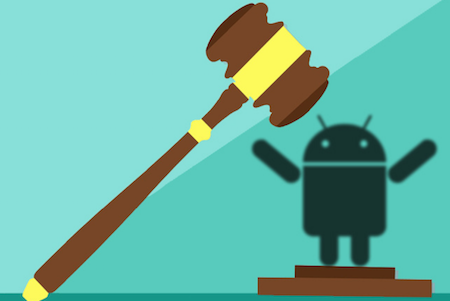
Michael's Musings
The global economy is increasingly becoming a knowledge-based economy, where your staff is your greatest asset. Companies are trying new things to get the most out of their teams and what can be done to keep them happy.
There is a lot of research that shows long working hours reduces overall productivity, and ultimately leads to burnout.
A New Zealand firm tried cutting the work week down to 4-days a week, without dropping salaries. They found that productivity went up 20% -
Four-day working week trial a success, but didn't work for everyone
I think that as society becomes more productive, and as a result wealthier, we will work fewer hours a week, and spend more time on leisure and travel.
"Perpetual Guardian managing director Andrew Barnes said that the trial held a key lesson for working mothers - saying that women should stop negotiating on hours but productivity instead. 'Women generally are paid less because they work fewer hours after returning to work from maternity leave, even though they might be delivering the same level of productivity as someone working five days a week,' "
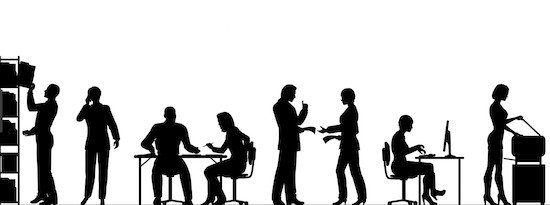
Bright's Banter
I haven't recommended a podcast for quite some time, and I know you're wondering if I have fallen off the wagon, well not at all.
I have been listening to an incredible show on NPR called "How I built this" by Guy Raz. One of the most exciting podcasts I have listened to in a while was when Guy Raz interviewed Katrina Lake, founder of StitchFix. Katrina is the youngest female founder and CEO to lead a listed company.
StitchFix is an interesting concept that capitalises on millennials need for simplicity.
The business model works as follows: a customer subscribes to StitchFix's services for $20 per month and they receive 5 "Fixes" (five different fashion styles) from their assigned stylist, and if the customer likes any of the clothes, the $20 fee goes towards the purchase of the item and deducted directly from the total purchase price.
If the customer likes all five Fixes they get a discount and if they don't buy anything that's fine as well, the customer returns all the clothes to the company.
Without spoiling the entire podcast,
here's the conversation with Katrina Lake.
Linkfest, Lap it Up
As countries get richer, the average person works fewer hours -
Market Has Achieved What Marx Wanted - Less Labor.
"In 1830, the workweek in the industrializing West averaged about 70 hours or, Sundays excluded, 11.6 hours of work per day. By 1890 that fell to 60 hours per week or 10 hours per day. Thirty years later, the workweek in advanced societies stood at 50 hours or 8.3 hours per day. Today, people in advanced societies work less than 40 hours per week."
Cuba is one step closer to being a free market and democratic country. Having private property rights and fixed presidential terms is a huge step in the right direction; we have to wait and see if these new policies are actually implemented on the ground though -
Cuba will recognize private property in its new constitution
 The size and scale
The size and scale of the MeerKAT is simply amazing -
New, mesmerising drone footage shows just how big SA's new R4 billion radio telescope is
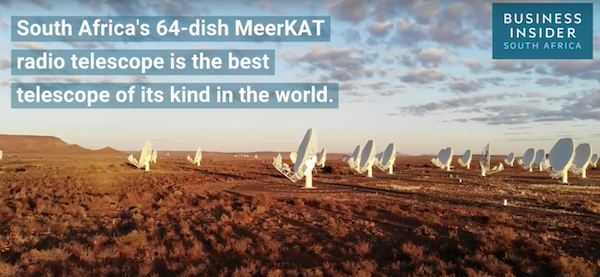 Vestact Out and About
Vestact Out and About
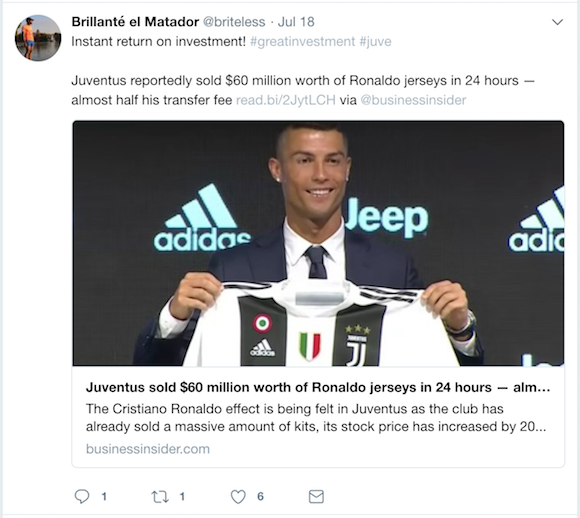 This week on Blunders
This week on Blunders: Trump to Redecorate Airforce 1; ANC Official runs cash-in-transit heist gang; Dr Bumbum on the run in Rio; and high-heeled Crocs -
Blunders - Episode 110
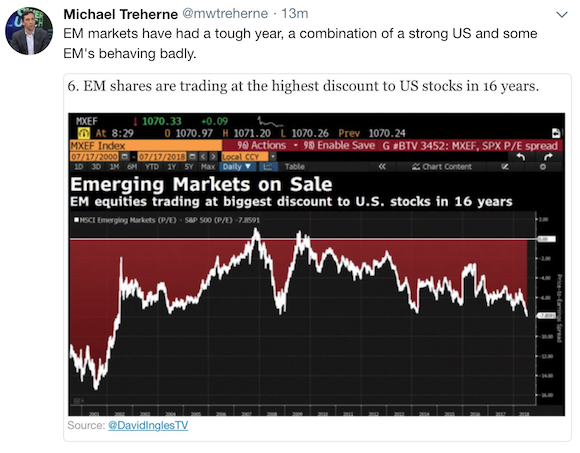 Signing off
Signing off
Surprisingly our market is higher this morning. There is no major data coming out today, meaning you have more time to watch all the Super Rugby quarter finals and the British Open.
Sent to you by Team Vestact.







